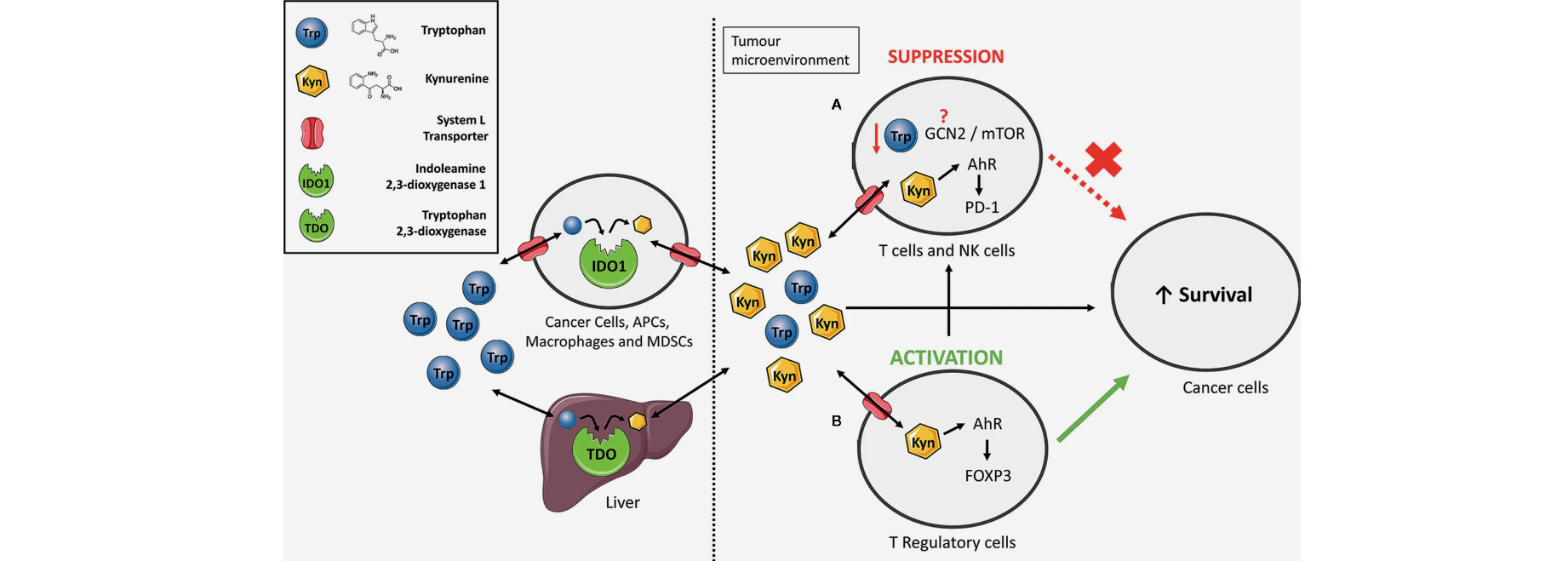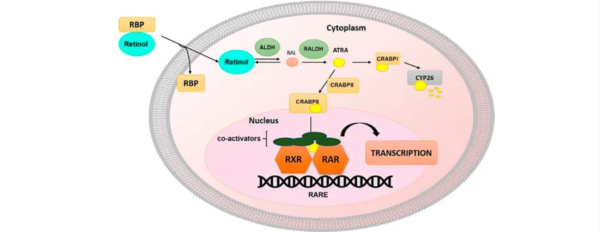Indoleamine 2,3-dioxygenase 1 (IDO1) is an enzyme involved in the regulation of the tryptophan metabolism pathway. Its dysregulation has been associated with various diseases, including cancer, immune disorders, and neurodegenerative conditions. The Indoleamine 2,3-dioxygenase 1 Focused Library is a curated collection of compounds specifically designed to interact with and modulate IDO1 activity. This article highlights the significance of IDO1, discusses the potential applications of the IDO1 Focused Library, and explores its role in drug discovery and therapeutic advancements.
Introduction:
The tryptophan metabolism pathway is a crucial regulator of immune responses and cellular homeostasis. IDO1 is a key enzyme that catalyzes the conversion of tryptophan to kynurenine, impacting immune tolerance, inflammation, and cellular metabolism. Dysregulation of IDO1 has been implicated in immune escape mechanisms of cancer cells and the development of immune-related disorders.
Understanding IDO1 and its Significance:
IDO1 is mainly expressed in various immune cells, such as dendritic cells, macrophages, and tumor-infiltrating lymphocytes. It plays a pivotal role in immunosuppression by depleting tryptophan from the local microenvironment and generating immunosuppressive metabolites such as kynurenine. IDO1-mediated immunosuppression promotes immune tolerance and facilitates immune escape of cancer cells. Inhibition of IDO1 can enhance anti-tumor immune responses and restore immune surveillance.
The IDO1 Focused Library:
The IDO1 Focused Library is a specialized collection of compounds designed to selectively target and modulate IDO1 activity. It comprises around 6,000 compounds that have been carefully selected or designed based on their ability to interact with specific regions of the IDO1 enzyme. These compounds provide researchers with a valuable resource for understanding IDO1 biology, identifying novel chemical scaffolds, and developing potential inhibitors.
Applications in Drug Discovery:
The IDO1 Focused Library has significant implications in drug discovery efforts targeting IDO1-mediated immune regulation. By screening the library compounds, researchers can identify lead molecules with high affinity and specificity for IDO1. These lead compounds can serve as starting points for further optimization, including improving potency, selectivity, and pharmacokinetic properties. Inhibiting IDO1 offers potential therapeutic applications in cancer immunotherapy, immune-related disorders, and neurodegenerative diseases.
Therapeutic Development and Beyond:
The IDO1 Focused Library compounds provide avenues for therapeutic development targeting diseases associated with dysregulated tryptophan metabolism and immune tolerance. By designing selective IDO1 inhibitors or combinatorial approaches with immunotherapies, researchers can explore synergistic effects and improve treatment outcomes. The library compounds can also aid in developing imaging agents for studying IDO1 expression and activity, allowing for better patient stratification and treatment monitoring.
Challenges and Future Directions:
While the IDO1 Focused Library holds promise, challenges remain in optimizing compounds with enhanced efficacy, selectivity, and drug-like properties. Further understanding of the complex IDO1-regulated pathways, potential off-target effects, and the interplay with the tumor microenvironment is crucial for successful therapeutic translation. Collaborative efforts between researchers, medicinal chemists, and clinicians will play a vital role in overcoming these challenges and realizing the therapeutic potential of targeting IDO1.




